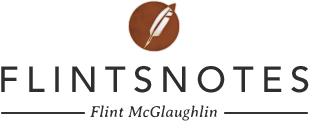Consider this: there are many things I cannot know. And because I cannot know them, I conclude that I am a limited being. The knowledge of my limitations motivates me to consider the possibility of a being that is virtually unlimited. In this way, I discover the possibilities of the Ultimate (god) – through the impossibilities of the incipient (myself).
Now I experience a kind of conflicting emotion. It is one part awe, and one part fear. The more I consider the possibility of the Ultimate, the more I experience awe. This awe leads to a kind of fear. I am helpless. What if the Ultimate is against me?
This questioning is accompanied by the recognition that I may not be asking the right questions and that my range of responses may be meaningless, but this does not dissuade me from reflecting further. It only underscores a certain sense that I cannot know for certain. It seems true that I might know in the temporal sense, but it also seems true that this “knowing” is strictly limited in the absolute sense.
Thus, it is my very limitation which points to the possibility of the unlimited. It is the possibility of the unlimited that provokes a kind of visceral response – in my case, fear.

